Crimes of the Future (1970)
“His body, he insists, is a galaxy — and the creatures are solar systems.”
|
Synopsis: |
|
Genres, Themes, Actors, and Directors:
Review: … and interacting with random gender-fluid individuals in bizarre rituals seemingly meant to memorialize or evoke women, including using nail polish: … and carefully laying out feminine undergarments. Even at just an hour long, this silently filmed movie with post-dubbed voiceover and sound effects feels somewhat interminable — and by the final (controversial) sequences, you will simply be grateful for the ability to exit this bleak cinematic universe. As Neil Young writes in his review for Jigsaw Lounge, “Well, we all have to start somewhere” — including Cronenberg. This one is strictly a curiosity for his die-hard fans. Notable Performances, Qualities, and Moments: Must See? Links: |
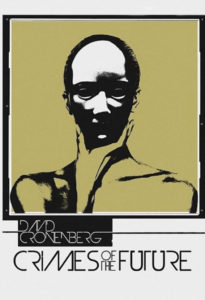
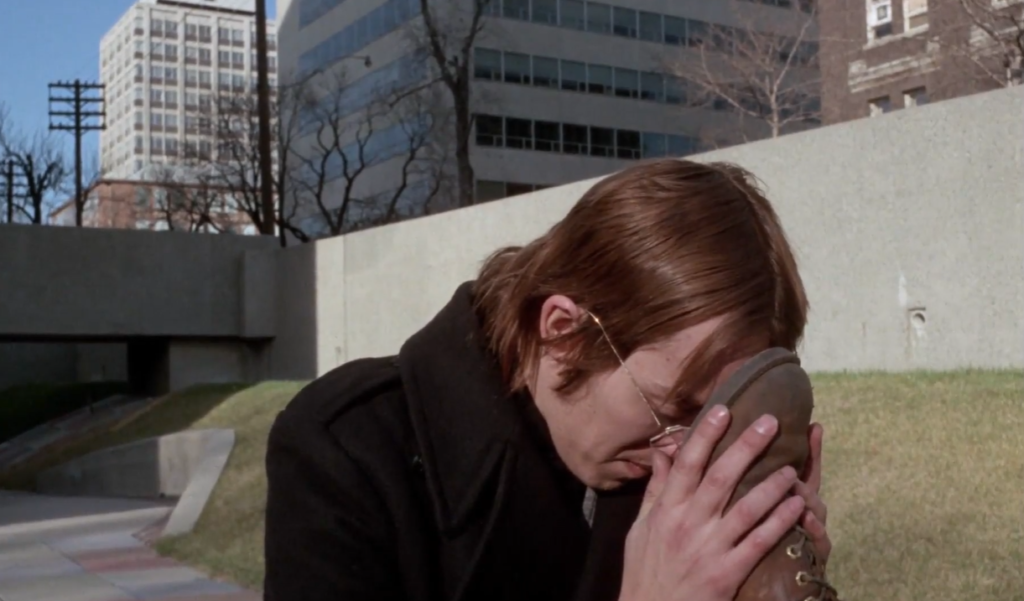
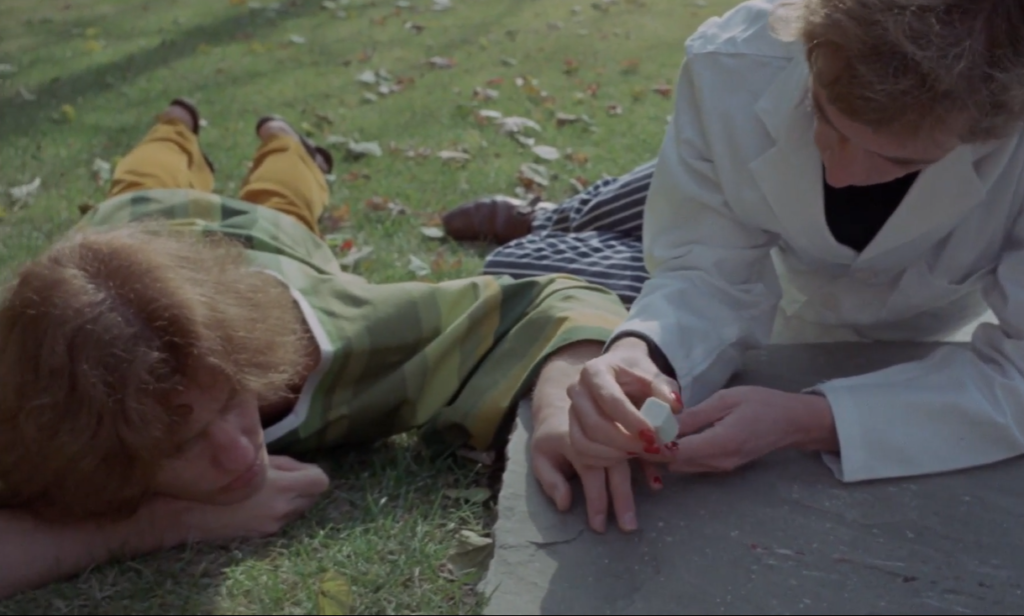
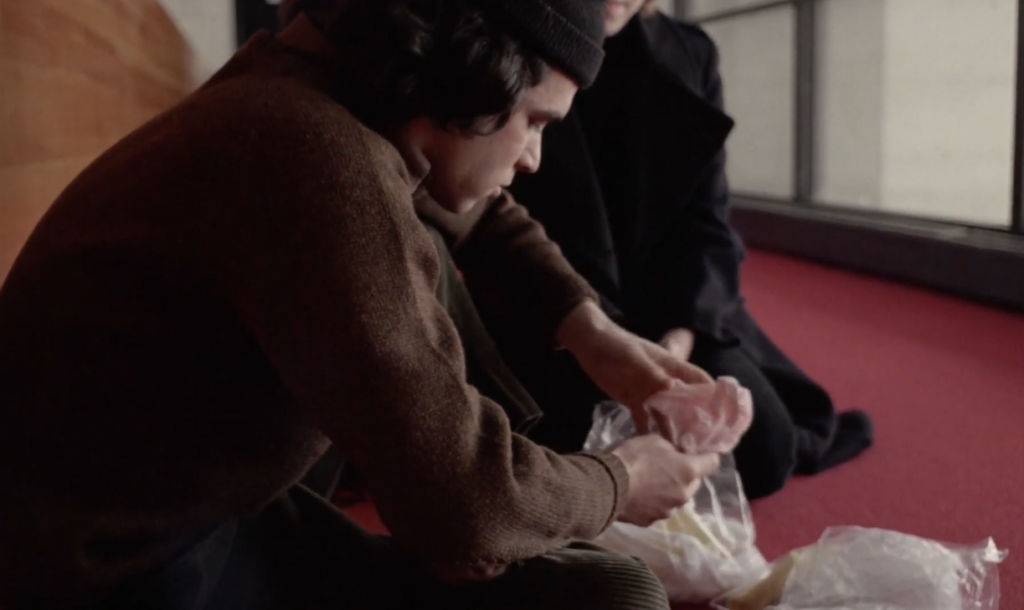
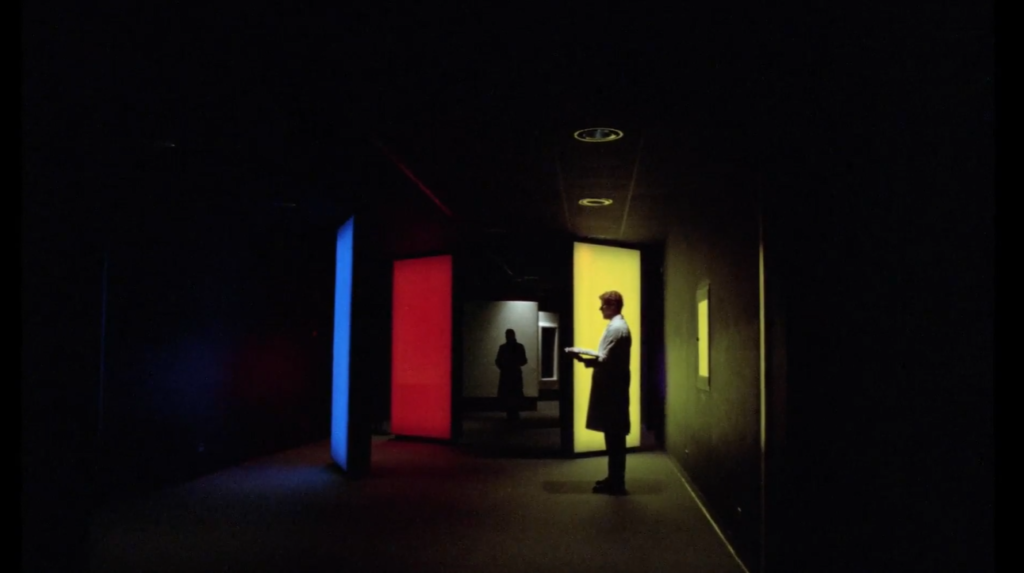
2 thoughts on “Crimes of the Future (1970)”
(Rewatch 3/10/21.)
Certainly not must-see – and only mildly suggested for Cronenberg completists.
*Who* is the audience for this film? Cronenberg once said (though I don’t know at what point in his career) that his films are comedies. I’m assuming he meant the films he himself wrote (which would not include ‘The Dead Zone’, which couldn’t be seen as a comedy by any stretch).
It’s not that difficult to see some of his films as comedies (i.e., ‘Videodrome’, ‘Dead Ringers’, his adaptation of ‘Naked Lunch’). Canadian humor (from what I know of it) runs along a more-specific line… it’s more like a dry humor overall.
This is my second viewing of ‘COTF’. The bad news is that it’s a one-hour film that easily feels two hours long (not a good sign). It *can* work better (as a film in general) if it’s viewed as a comedy – except you would have to know going in that that’s the intent.
Otherwise, the film gives little to no indication of anything humorous. It’s languorous, with pacing that is almost deadly. It is narrated by a voice that is practically sleep-inducing. It seems the product of a clinical / highly intellectual / over-analytical mind.
Its story (as opposed to plot) is indecipherable. It’s like Cronenberg’s own personal in-joke.
The *point* of this and Stereo (1969) is that they’re arthouse films made for the festival circuit. Short and pretentious but somewhat in keeping with the tone of films of similar ambition like THX-1138, or at least the original Lucas USC short.
For many years the word on the street was that these two films were made by Cronenberg at university but that now seems to have been debunked, but it’s believeable.